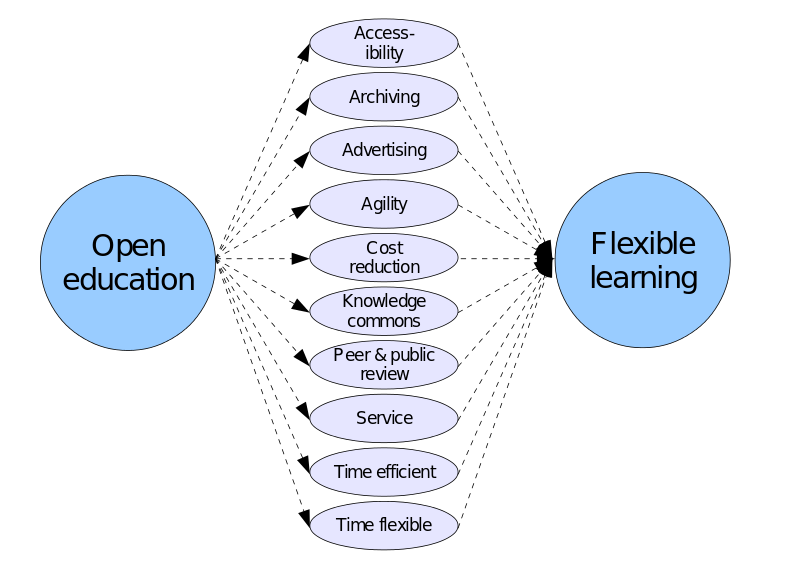We are pleased to announce the publication of the survey for the OOFAT Models project, which can be accessed via https://www.surveymonkey.co.uk/r/OOFATOERHUB. Through this research we hope to produce an improved understanding of the sustainable business models that will support open and flexible forms of education in the future. According to the acronym of ‘OOFAT’ it is assumed that these will involve Online, Open, Flexible and Technology-Enhanced methods.
Please support this research by providing data for your institution or department.
According to a new statistical tool from the Worldbank (using open data) countries tend to spend around 20% of government spending on tertiary education – and this rate has stayed relatively constant since the start of the time series in 2004. Parallel to this, the gross enrolment rate has climbed from 10% in 1970 to 35% in 2014, although there are huge enrolment rate differences worldwide.
This context presents a challenging framework in which both policy-makers and institutional leaders work to provide sustainable, affordable and high quality higher education. The International Council for Open and Distance Education believes that reviewing the practices of distance, technology-enhanced higher education provision worldwide can point to pathways of innovation which work and can provide the basis for global peer learning in higher education.
To this end, the questions cover existing practice of OOFAT in higher education across the globe, with a focus on exemplary distance provision models which have become common practice for some providers, and could indicate a pathway to scaling innovation for others. Part of the study’s remit is to identify exemplars of possible pathways to innovative and sustainable practices and models.
We focus on three core processes:
- Content – consisting of subject knowledge, support and guidance and learning analytics, which together make up the entirety of the didactical process
- Delivery – consisting of the qualities of place, pace and timing of delivery of the content; in other words both the extent of physical and online provision and the question of the timing of key events (e.g. start and end points of learning processes)
- Recognition and assessment – consisting of both assessment and credentialization, which are formal processes leading to recognition of learning achievements. Assessment is a phase of evaluation at certain times in a learning process, whilst credentials are awarded on completion of formal learning units. In both cases, these evaluative processes lead to recognition of achievement of the learner by third parties
Examples could include:
- Classic ‘presence’ universities/colleges (or departments within)
- ‘Open’ or ‘distance’ universities
- Online universities
- Virtual universities
- Hybrid/blended learning providers
- Projects or initiatives
Please share this survey link with anyone who can provide some information about these processes in tertiary level or higher education.
The OOFAT team
Prof. Martin Weller (The Open University, UK)
Dr. Dominic Orr (Forschungsinstitut für Bildungs- und Sozialökonomie (FIBS))
Dr. Robert Farrow (The Open University, UK)
Image CC-BY JTNeill https://commons.wikimedia.org/wiki/File:Open_education_and_flexible_learning.svg


Leave a Reply